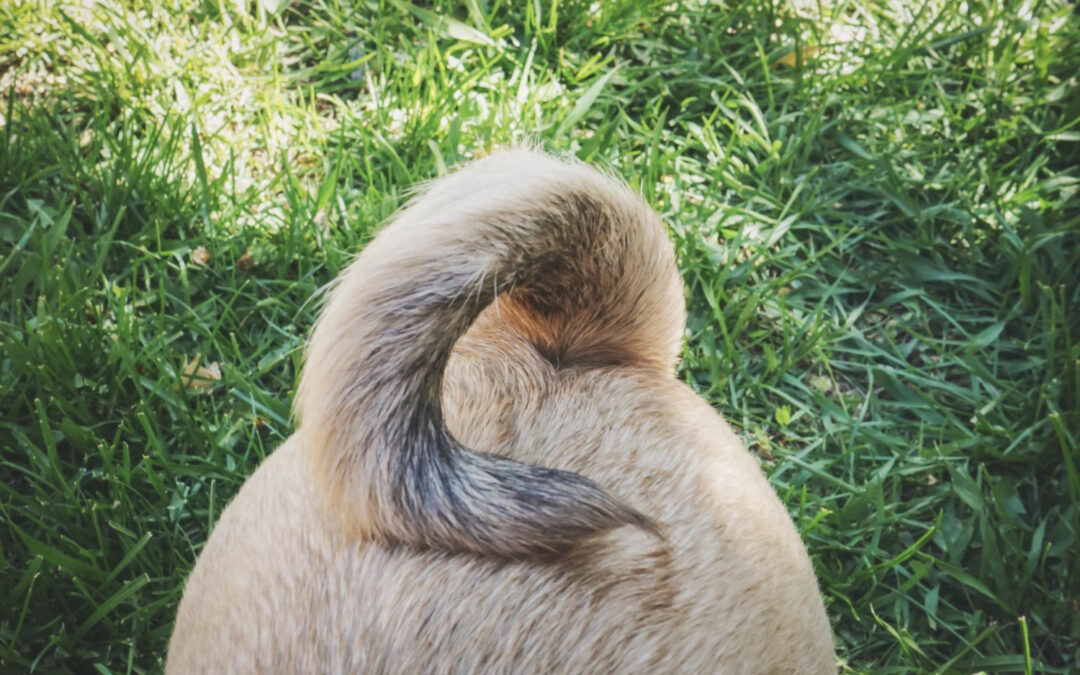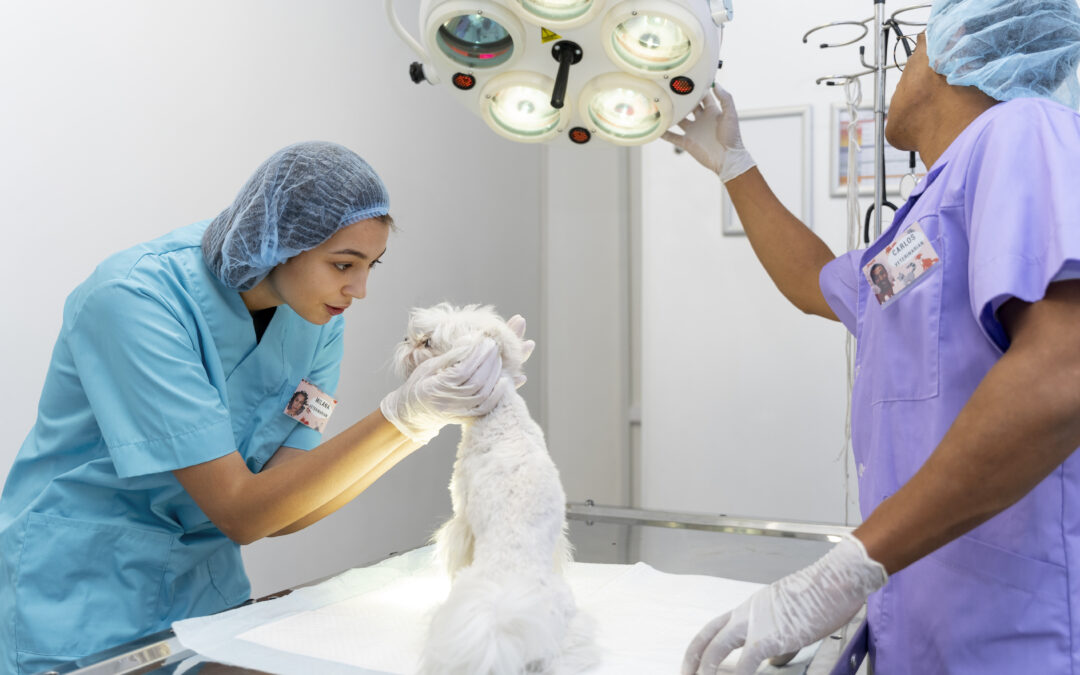
Look for organic, non-toxic, or pet-friendly fertilizers that don’t contain harmful chemicals or additives. There are many natural alternatives available that still provide nutrients for your garden without putting your pets at risk.
Here are a few common fertilizers that are toxic to our pets:
1. Blood Meal & Bone Meal 🥩💀
These organic fertilizers are made from animal byproducts and are highly attractive to dogs. While natural, they can cause severe digestive issues, including vomiting, diarrhea, and even pancreatitis. If consumed in large amounts, they can create a solid mass in the stomach, leading to life-threatening blockages.
2. Cocoa Mulch 🍫🌿
Made from cocoa bean shells, this mulch smells like chocolate and contains theobromine—the same toxic compound found in chocolate. If ingested, it can cause tremors, seizures, and even death in dogs and cats.
3. Chemical-Based Fertilizers ⚗️🚨
Many synthetic fertilizers contain high levels of nitrogen, phosphorus, and potassium, which can be toxic when consumed in concentrated amounts. These chemicals can cause:
- Gastrointestinal upset (vomiting, drooling, diarrhea)
- Severe burns if licked off paws or fur
- Lethargy and muscle tremors
4. Weed & Feed Products 🌿❌
These fertilizers often contain herbicides that are harmful to pets. Ingesting or even walking on treated grass before it dries can lead to poisoning, causing symptoms like drooling, lethargy, difficulty breathing, or seizures.
If your pet is experiencing excessive drooling, vomiting or diarrhea, lethargy and weakness, seizures or tremors, difficulty breathing, or an increased thirst or abnormal urination, it’s important to seek veterinary medical care immediately. Visit one of our seven urgent care hospitals in Massachusetts and Rhode Island seven days a week. Book online or view our hours before you walk-in at veturgentcare.com.




